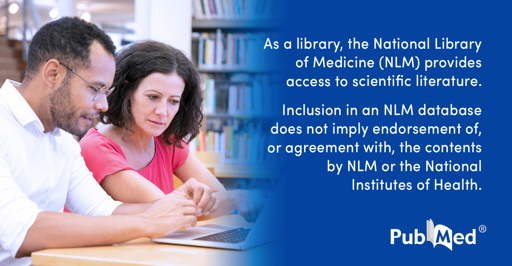Nutrients. 2025 Aug 31;17(17):2843. doi: 10.3390/nu17172843.
ABSTRACT
Background/objectives: Treating pediatric brain tumors remains challenging due to the limitations of conventional therapies, which often damage healthy cells. Ketogenic diets (KDs)-high in fat and low in carbohydrates-have emerged as potential adjunct therapies by limiting glucose availability and offering ketones as an alternative energy source proposed to hinder tumor growth. However, due to limited awareness, there is hesitancy to recommend KDs. Methods: This study assessed oncologists’ knowledge and perceptions in Saudi Arabia regarding KD use in pediatric brain cancer patients. A cross-sectional survey was conducted with 94 oncologists from five major Riyadh healthcare centers, examining their knowledge, safety concerns, feasibility, and perceived efficacy of KDs. Results: Results showed that 67% correctly identified the basic composition of KDs, though 43% were neutral about its safety. Concerns about malnutrition and side effects were common and 53% found adherence to the diet challenging in pediatric patients. While 48.9% believed KDs could improve outcomes when combined with standard therapies, many stressed the importance of tailoring recommendations to individual medical conditions, including patient age, treatment stage, and overall nutritional status. Participants’ responses revealed variability in knowledge and perception levels regarding KDs, with consultants and internationally educated oncologists generally expressing more favorable views compared to fellows, who showed greater hesitancy. Conclusions: This study shows a mixed level of knowledge and perceptions among oncologists, reflecting a lack of consensus about KDs’ safety, feasibility, and potential benefits. These findings suggest the need for further education, clearer guidelines, and interdisciplinary collaboration to support informed decision-making, particularly in the local context.
PMID:40944231 | DOI:10.3390/nu17172843
From ketogenic via this RSS feed


